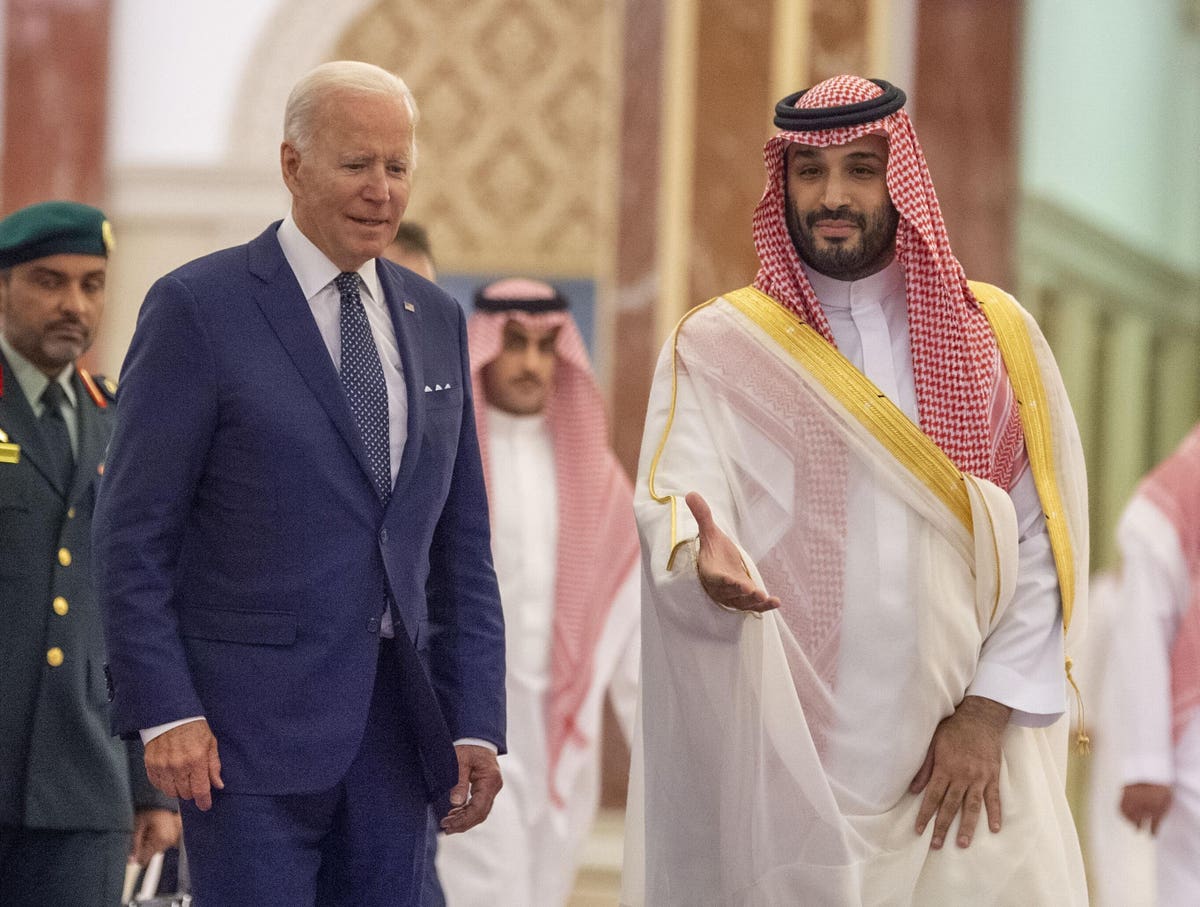The world economy has mostly recovered from the COVID-19 pandemic, but nonetheless, US inflation remains well above the desired 2% threshold at an estimated 3.7% in August. Core inflation for the year 2023 is expected to be 4.3%. It is possible that the Fed would need to apply another rate hike to drive inflation down, causing a rougher landing than the Biden Administration hoped for.
Inflation and gasoline/oil prices will be key issues during the 2024 presidential election and the Republican party may attack President Biden on the shape of the economy, which could deteriorate if prices continue to rise, and the recession ticks unemployment up.
Most voters already disapprove of Biden’s handling of the economy. Several Republican candidates unsurprisingly criticized Biden’s economic leadership in the first Republican presidential debate. High oil prices will give further credence to a challenger’s criticisms of Biden.
Oil prices have risen dramatically in the last few months, with a barrel of Brent Crude hitting $92 on September 12th. The continued rise of oil prices contributes to high inflation in many parts of the world. The primary cause of rising oil prices currently is the decision by OPEC+ — both Russia and Saudi Arabia — to cut exports. Furthermore, the recent floods in Libya have prevented the export of oil to global markets, further driving the oil prices up. Previous oil price hikes over the summer likely stem from the extensive use of air conditioning due to the many heatwaves experienced around the world where oil is used for electricity generation. The summer heat also meant that Gulf Coast oil refineries had to reduce production due to outside temperatures sitting over their 95-degree Fahrenheit limit for operation.
OPEC anticipates a continued growth in demand for oil in 2024 due to a positive economic outlook in most parts of the world even despite the growth of green energy technology. OPEC + members cut the supply by 2.5 million barrels a day since the beginning of 2023. By doing this, the quasi-cartel leaders Russia and Saudi Arabia can influence the US presidential election by cutting the supply of oil and thus raising its price. Goldman Sachs projected that if Russian and Saudi cuts continue through the end of 2024, oil prices could rise to $107, which would be painful for President Biden’s reelection chances. KSA
KSA
Continued inflation will likely prompt the Federal Reserve to increase interest rates further, potentially inducing a recession. High oil prices contribute to inflation and likely account for most of the expected rise in inflation from 3.2% in July to 3.6% in August.
The Biden Administration is seeking a temporary solution to a reduced supply of oil, but it might be too little too late.
The US released 1.9 million barrels of crude in the week ending on September 8th, representing the fifth straight week in which the government drew from its reserves. However, Strategic Petroleum Reserve is designed to supply oil in cases of a national emergency, not to be used to help political campaigns. Iran, which just received $6 billion from the Biden Administration allegedly for hostage release, is increasing its oil sales – despite sanctions. Republicans are likely to criticize the president for these policies.
Furthermore, if oil prices stay high for an extended period, American shale oil fields and the Canadian oil patch, with their higher costs of production, will likely increase the output, increasing the global supply of oil.
High oil prices may also lead to more investment in green energy technology and higher sales of electric vehicles, which could reduce the world’s long-term dependence on oil. If this happens, Russia’s and Saudi Arabia’s supply cuts will have backfired. For this reason, analysts expect that these production cuts will not remain in place for too long. The big hydrocarbon suppliers want to reach a sweet spot where the renewables are too expensive, but they still make bank.
Ultimately, the recent cuts in production from the leading OPEC+ members are troublesome for the Biden Administration because they will hurt his approval ratings, threaten his re-election, and make reducing inflation more difficult. Russia would trade opening the oil spigots for imposition of a ceasefire on Ukraine, allowing the Kremlin to keep the occupied Ukrainian territories and making Putin smelling like a rose before the March 2024 presidential “elections.”
Saudi Arabia will likely seek to strike a tough deal with Biden to increase production in return for political favors and helping his reelection. Yet, the Prince has a long memory and remembers how Biden promised to make his nation a pariah after the assassination of the regime opponent Jamal Khashoggi.
Winter is coming. If it is a is a cold one, oil prices could rise further, creating more problems for Joe Biden.
Read the full article here





